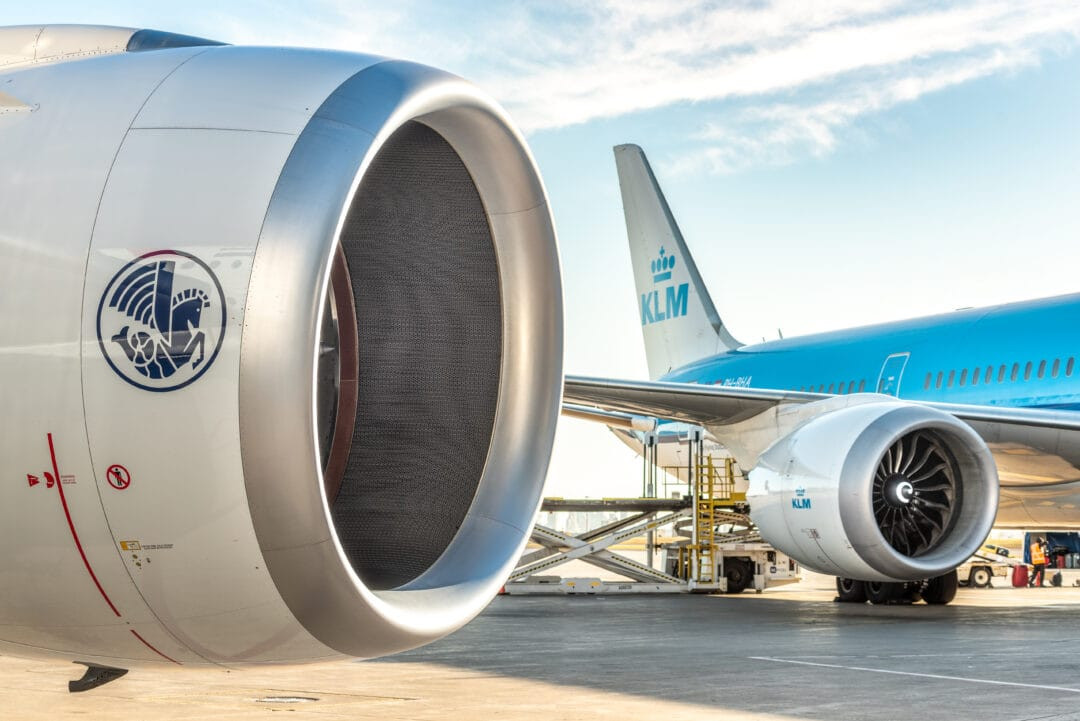- During the FlyPharma Amsterdam 2025 conference held this week, global pharmaceutical leaders, stakeholders, and supply chain partners gathered for one of the key international events in life sciences logistics.
- Against a backdrop of rapidly evolving regulations, geopolitical uncertainty, and shifting trade flows, the event underscored the importance of collaboration to safeguard the seamless transport of life-saving medicines and healthcare products worldwide.
Pharma growth fuels demand for specialised air cargo. The global pharmaceutical and healthcare sector is projected to reach USD 1.77 trillion in 2025, expanding at a mid-single-digit growth rate. Industry optimism is driven by innovation in biologics, personalised medicine, and digital health, as well as by expanding global patient access. This momentum is translating directly into strong demand for airfreight capacity, particularly for temperature-controlled and high-value shipments.
The pharma airfreight segment alone is forecast to grow more than 6 per cent annually, as manufacturers and logistics providers prioritise speed, reliability, and compliance with Good Distribution Practice (GDP) standards. Air cargo carriers and airports are investing heavily in cold-chain infrastructure, IoT tracking, and digital visibility tools to serve this expanding vertical.
Corridors linking Asia, Europe, and North America are expected to experience the fastest growth, with pharma and healthcare logistics emerging as one of the most resilient and premium segments in the global air cargo market. Schiphol: a global hub for pharma logistics Amsterdam Airport Schiphol plays a vital role as one of the world’s most important pharmaceutical logistics hubs. Its central European location, advanced infrastructure, and strong ecosystem of logistics partners make it indispensable for global pharmaceutical supply chains.
Schiphol is not only critical to the worldwide distribution of medicines and vaccines but also to the Dutch economy, reinforcing the Netherlands’ position as a gateway for international trade and innovation in life sciences.
The pharmaceutical logistics ecosystem at Schiphol is significant not only for global public health but also for the Dutch economy. In 2024, the Netherlands exported USD 38.49 billion worth of pharmaceutical products, underscoring the sector’s importance as a driver of trade, innovation, and high-value employment. Schiphol’s success as a pharma logistics hub enables companies to invest, expand, and innovate in the Netherlands—making the country more competitive, resilient, and attractive for life sciences players.
This importance of a global logistical hub like Schiphol was also shown during the COVID-19 pandemic, Amsterdam Airport Schiphol played a crucial role as one of Europe’s main gateways for the transport of vaccines and temperature-sensitive pharmaceuticals. The role of Air France KLM Martinair Cargo in global pharma logistics Air France–KLM Martinair Cargo (AFKLMP Cargo) has established itself as a pioneer and leader in pharmaceutical logistics, being among the first airlines to achieve IATA CEIV Pharma certification. With its dual-hub structure in Amsterdam Schiphol and Paris Charles de Gaulle, strategically located in Europe’s “pharma belt,” the airline offers unique resilience and flexibility in a volatile market.
“For Air France KLM Martinair Cargo, growth in the pharmaceutical and healthcare segment has been a strategic priority over the past five years,” said GertJan Roelands, SVP Commercial, AFKLMP Cargo. “We have invested significantly in our infrastructure at both hubs and key outstations, introduced new digital solutions, and optimised processes to enhance resilience and transport quality. In addition, we have trained and expanded our specialised pharma teams. These efforts are paying off—this year, our results in the pharmaceutical and healthcare segment reached a new record, and our market share has increased.”
Innovation, sustainability, and cool chain excellence AFKLMP Cargo continues to invest in expanding cool-room capacity, developing digital monitoring dashboards for operational visibility, and pioneering sustainable temperature-control solutions, such as CO₂-based refrigerant technology at Paris CDG. With the rise of personalised medicine and advanced therapies, the airline works closely with forwarders, shippers, and life science clusters to provide time-critical solutions with full GDP and CEIV compliance.

Despite geopolitical pressures and market volatility, AFKLMP Cargo remains focused on its fundamentals: on-time delivery and uncompromised cool chain integrity. Its resilience, proven during the pandemic, continues to guide its long-term strategy.
“Pharmaceutical logistics is not just about transportation—it is about trust, responsibility, and resilience,” said GertJan Roelands. “Our mission is to deliver healthcare products safely and reliably, adapting to new challenges while ensuring patients around the world receive the medicines they need.”





